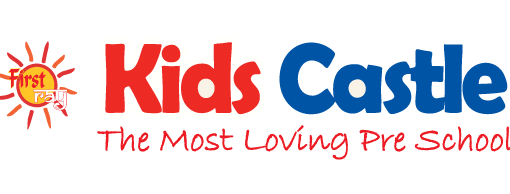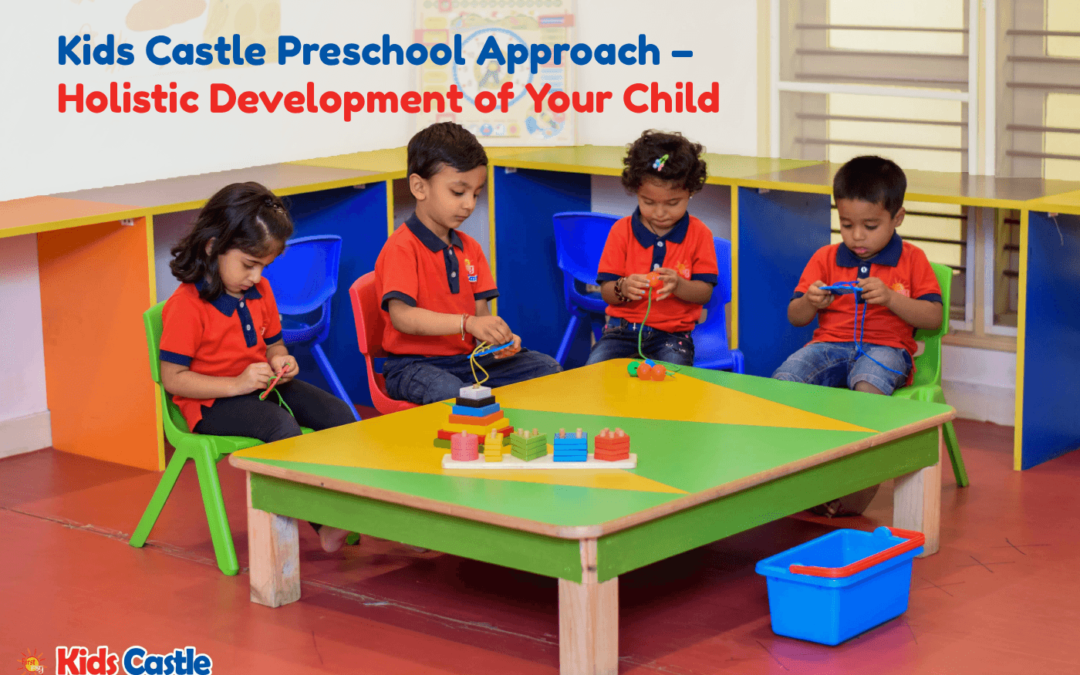How Kids Castle Preschool Approaches Early Childhood Education
Preschool is a critical time in a child’s life, setting the foundation for their future academic success and social-emotional development. At Kids Castle Preschool, we believe in a holistic approach to early childhood education that focuses on the child – their cognitive, physical, emotional, and social development. In this blog, we will delve into our philosophy and approach to preschool education and explain why it’s essential for preparing young children for their future.
The Kids Castle Approach: Holistic Development
At Kids Castle Preschool, we understand that every child is unique, with their own strengths, weaknesses, interests, and needs. The Kids Castle approach to early childhood education is centered on the principle of holistic development, recognizing that a child’s growth and learning occur in all areas of their life, not just in academics. We believe that it’s essential to foster a child’s physical, emotional, social, and cognitive development in equal measure to ensure that they are well-rounded individuals who are prepared for their future.
Physical Development
Physical development is a critical component of early childhood education and encompasses a child’s motor skills, coordination, and overall health. Our Preschool classrooms are designed with this in mind, with plenty of space for movement and play. We also incorporate daily physical activities, such as games, dance, and outdoor play, to help children develop their gross and fine motor skills. By encouraging physical activity, we aim to promote healthy habits and an active lifestyle that will serve children well into adulthood.
Emotional Development
Emotional development is another crucial aspect of a child’s growth, and at Kids Castle Preschool, we strive to create a supportive and nurturing environment where children feel safe and loved. Our teachers are trained to recognize and respond to the emotional needs of each child, providing individual attention and support when needed. We also place an emphasis on social-emotional learning, teaching children how to recognize and regulate their emotions, resolve conflicts, and build strong relationships with their peers.
Social Development
Social development is critical in preparing young children for their future, and at Kids Castle Preschool, we believe in fostering a sense of community and belonging. Our classrooms are designed to be inclusive and promote teamwork, with opportunities for children to work together on projects, play games, and participate in group activities. We also provide regular opportunities for children to interact with their peers, building strong relationships, and learning how to navigate social situations.
Cognitive Development
Finally, cognitive development is an essential component of early childhood education, and at Kids Castle Preschool, we believe in a play-based approach that emphasizes hands-on learning and exploration. Our classrooms are filled with age-appropriate materials and resources that encourage children to think critically, problem-solve, and make connections. Our teachers also incorporate intentional teaching strategies that promote early literacy and math skills, preparing children for their future academic success.
Our Approach: Play-Based Learning
At Kids Castle Preschool, we believe that play is the most natural and effective way for young children to learn and grow. Our classrooms are designed to be centers of play and exploration, with a variety of age-appropriate materials and resources that encourage children to learn through discovery and experimentation. Our teachers are trained to support this play-based approach, facilitating learning through interactions with children and using play-based activities to promote the development of early literacy and math skills.
Conclusion
In conclusion, at Kids Castle Preschool, we approach early childhood education with a holistic philosophy that recognizes the importance of physical, emotional, social, and cognitive development. Our play-based approach to learning creates a supportive and nurturing environment.

